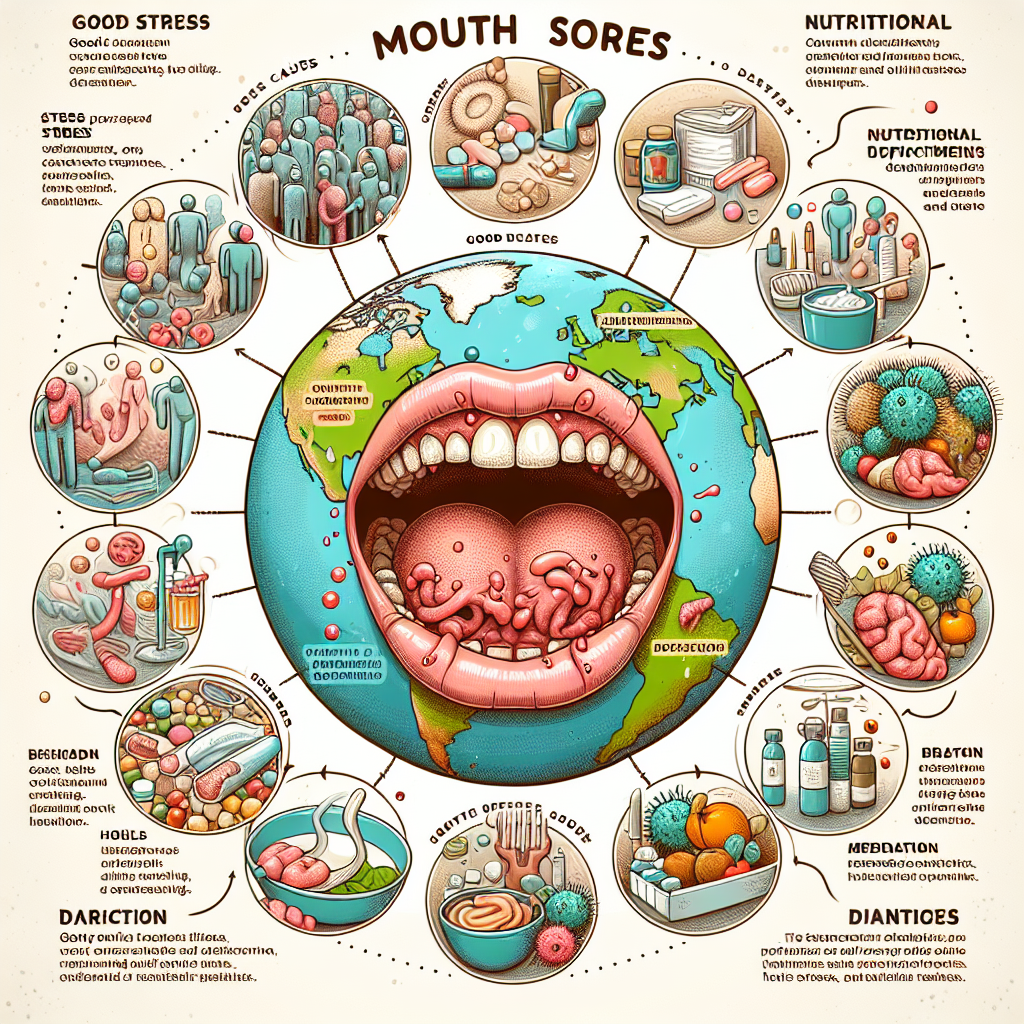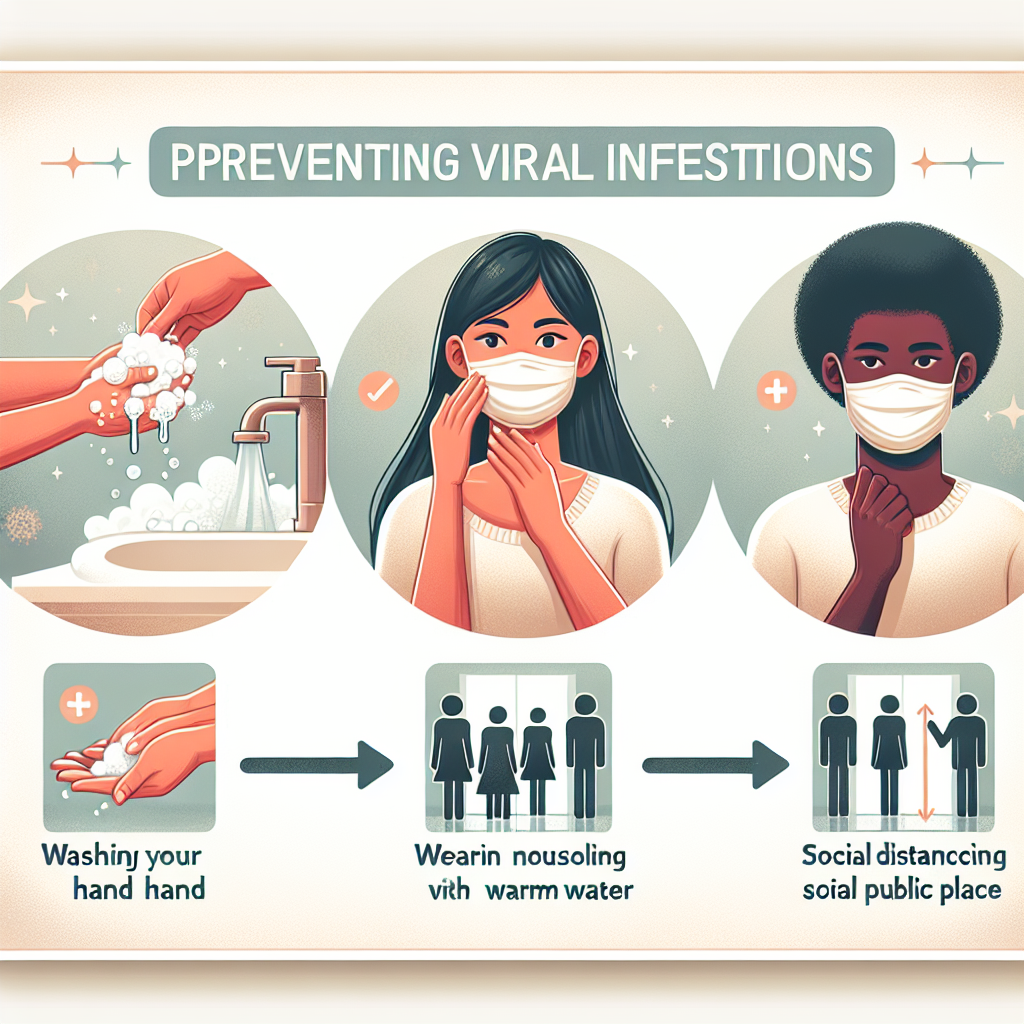===INTRO:===
The COVID-19 pandemic has profoundly affected our lives in countless ways, one of the most concerning being the loss of appetite that many experience while grappling with illness. For those battling symptoms or recovering from the virus, navigating the challenges surrounding nutrition can feel overwhelming. Understanding COVID-19: Navigating Loss of Appetite Challenges is crucial for maintaining health during this uncertain time.
When faced with reduced desire to eat, many individuals encounter a downward spiral in overall health, leading to fatigue, weakness, and difficulty in recovery. This can be particularly distressing for those already facing the physical and emotional toll of the virus. The importance of proper nutrition during illness cannot be overstated; yet, many find themselves struggling to consume the necessary nutrients. This article provides valuable insights and effective strategies for managing appetite loss, ensuring that proper nourishment remains attainable and beneficial.
Understanding the nuances of appetite changes during COVID-19 is essential not only for individuals affected by the virus but also for caregivers and family members seeking to support their loved ones. In the following sections, we will explore the impact of COVID-19 on appetite and nutritional needs, followed by expert strategies for managing these challenges effectively. By equipping ourselves with knowledge and practical tips, we can foster recovery and better health in the face of adversity.
The Impact of COVID-19 on Appetite and Nutrition Needs
The onset of COVID-19 often results in various physiological and psychological responses that significantly impact appetite. Symptoms such as fever, fatigue, and gastrointestinal distress can lead to a diminished desire for food, which complicates the body’s need for essential nutrients during recovery. Furthermore, the psychological strain caused by illness, isolation, and uncertainty can lead to heightened stress and anxiety, further exacerbating appetite loss.
This loss of appetite is not merely an inconvenience; it can have serious implications for health. Nutritional deficiencies may arise, potentially prolonging recovery and weakening the immune system. In patients with pre-existing conditions or those experiencing severe symptoms, inadequate nutrition can lead to complications that necessitate more intensive medical intervention. As such, understanding the relationship between COVID-19 and appetite is critical for developing effective nutritional support.
Additionally, individual responses to the virus can differ greatly. Some may experience a complete aversion to food, while others might find certain flavors or textures unappealing. Recognizing these variations is vital for tailoring approaches to stimulate appetite and ensure that nutritional needs are met. By understanding these factors, we can better navigate the intricate relationship between COVID-19 and its impact on our desire to eat and engage with food.
Strategies for Managing Appetite Loss During Illness
To combat the challenges associated with appetite loss during or after COVID-19, implementing practical and innovative strategies can make a substantial difference. One effective approach is to focus on small, frequent meals rather than three large ones. This method helps to reduce the intimidation factor of eating while ensuring a consistent intake of calories and nutrients. This can be particularly beneficial for those who may feel overwhelmed by the prospect of preparing or consuming larger portions.
Another technique to consider is enhancing the sensory appeal of food. Presenting meals in vibrant colors, utilizing aromatic herbs and spices, and incorporating textures can help entice the senses and stimulate appetite. Engaging in mindful eating practices—where one takes time to savor each bite—can also foster a greater connection with food, encouraging individuals to enjoy their meals even when their appetite is lackluster. Additionally, experimenting with different cuisines or comfort foods might awaken a desire to eat that has diminished during illness.
Hydration plays a crucial role in recovery and can sometimes be overlooked. In some cases, thirst can mask itself as hunger, leading individuals to confuse the two sensations. Introducing nutrient-dense liquids such as smoothies, soups, or broths can provide essential hydration while addressing nutritional needs in a palatable form. Employing these methods can help create a more accommodating eating environment, one that encourages nourishment rather than dread, ultimately promoting recovery and health.
===OUTRO:===
Navigating the challenges of appetite loss during COVID-19 can feel daunting, but understanding the underlying factors and employing effective strategies can make a significant difference in recovery. By acknowledging the impact of the virus on appetite and actively seeking innovative methods to stimulate eating, individuals can better support their nutritional needs during this critical time.
The journey to regaining a healthy appetite is not one that must be taken alone; sharing these insights with caregivers, family members, or friends can foster a supportive environment conducive to recovery. With determination and the right approaches, it is possible to overcome the barriers that appetite loss presents, leading to a renewed sense of health and well-being. If you or someone you know is grappling with these challenges, take charge and explore these methods to enhance nutrition and promote healing effectively. Your health and recovery are worth it.
Understanding Lower Back Pain Linked to COVID-19: Insights and ManagementUnderstanding COVID Laryngitis: Symptoms, Causes, and TreatmentUnderstanding COVID KP2 Symptoms: What You Need to KnowRelevant LinkRelevant LinkRelevant Link



